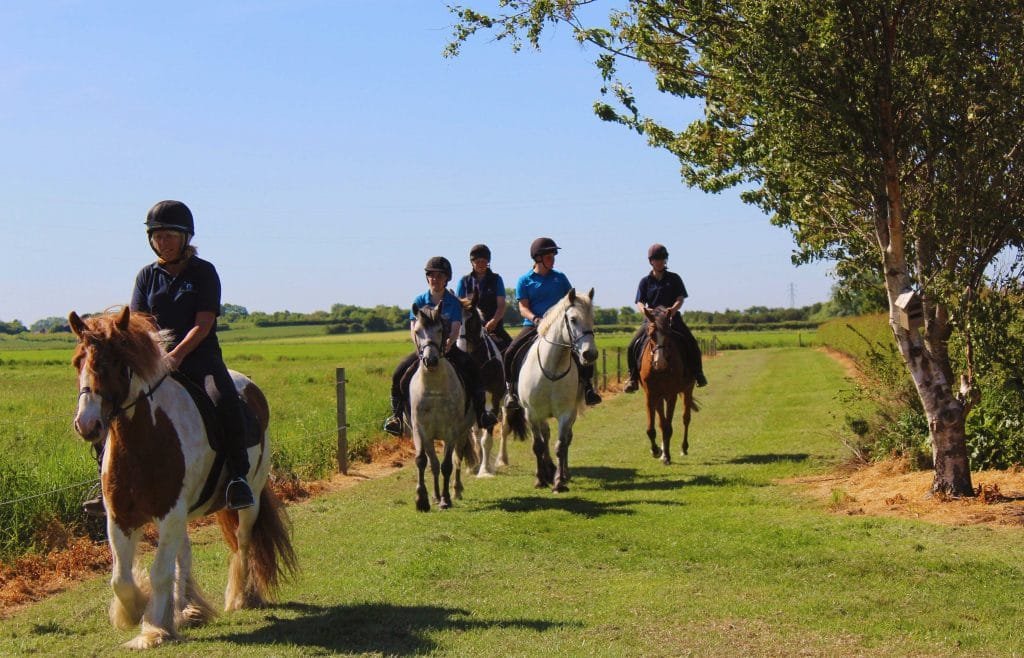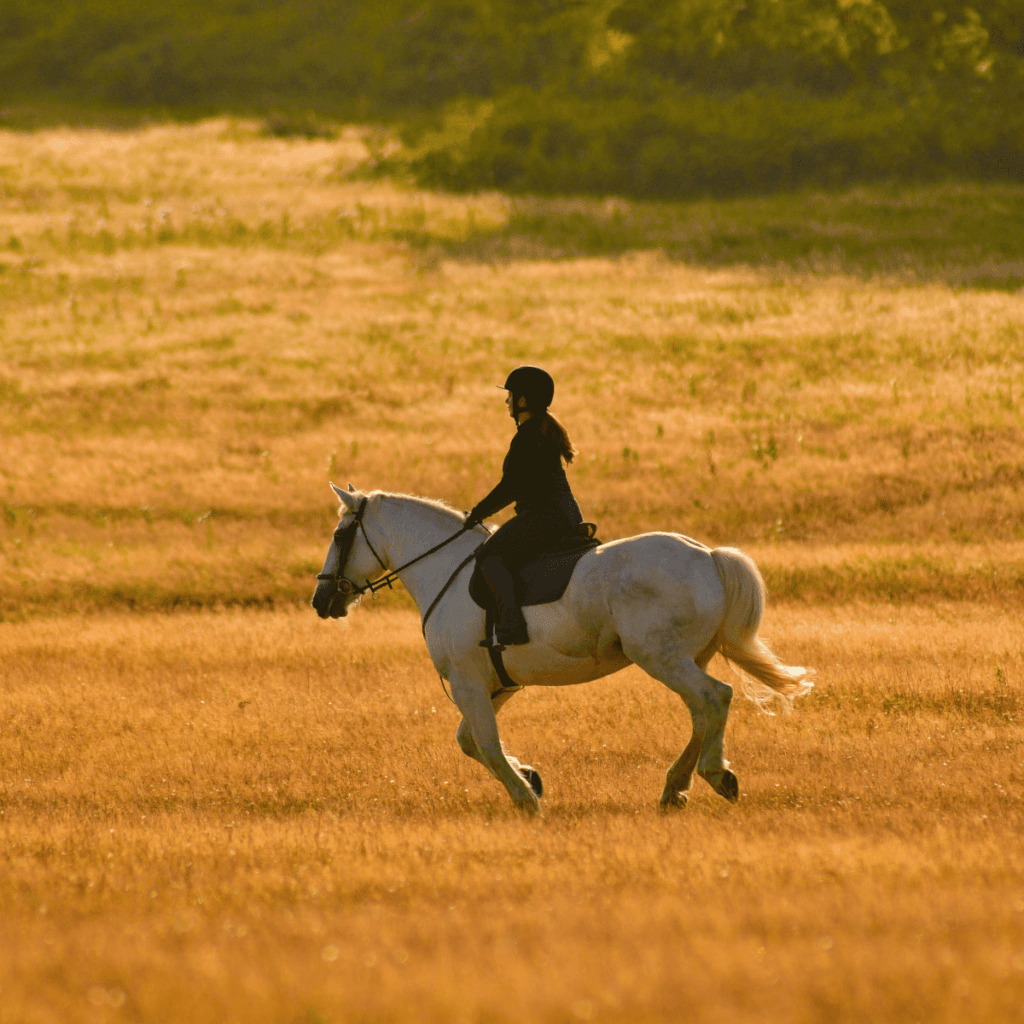Training a young horse can be one of the most rewarding experiences for any equestrian.
Whether you’re starting a colt or a filly, laying a solid foundation is crucial for their future success. Here are some essential tips to help you effectively train a young horse, ensuring a positive and productive experience.
1. Establish Trust and Connection
Before you begin any formal training, take time to build trust with your young horse. Spend time with them in a safe environment, allowing them to get accustomed to your presence. Use gentle handling, soft tones, and positive reinforcement. Simple activities like grooming or leading them in-hand can help strengthen your bond.
2. Start with Groundwork
Groundwork is an essential part of training and should be your first step. It teaches your horse to respect your space and respond to cues. Begin with basic exercises such as:
- Leading: Practice leading your horse with a halter and lead rope, ensuring they walk beside you calmly.
- Lunging: Use a lunge line to teach them to move around you at a safe distance. This helps with their understanding of body language and commands.
- Desensitization: Introduce your horse to various stimuli, such as tarps, umbrellas, or flags, to help them become accustomed to new experiences.
3.Start with Groundwork
Once your horse is comfortable with groundwork, you can start introducing basic commands. Teach them to respond to simple cues, such as:
- Whoah: Teaching them to stop on command is crucial for safety.
- Walk On: Encourage forward movement with a gentle squeeze of the leg or a light tap.
- Back Up: Use gentle pressure to teach your horse to move backward when asked.
Be patient and consistent. Young horses may not understand commands immediately, but with repetition, they will learn.
4. Set a Routine
Establishing a training routine can greatly benefit your young horse. Consistency helps them understand what to expect, making them more relaxed during sessions. Aim for short, focused training periods of 15 to 30 minutes to keep their attention and prevent frustration.
5. Positive Reinforcement
Using positive reinforcement is one of the most effective training methods. Reward your horse with treats, praise, or scratches when they perform a desired behavior. This encourages them to repeat the behavior in the future. Remember, horses respond well to kindness, so make your training sessions enjoyable for them.
6. Be Patient and Flexible
Training a young horse requires patience. They may have good days and bad days, just like humans. If your horse seems frustrated or overwhelmed, take a step back and give them a break. Adapt your training methods to suit their personality and learning style. Some horses may need more time to grasp concepts, while others may pick things up quickly.
7. Socialization is Key
Socializing your young horse with other horses and humans is essential for their development. Exposure to different environments, sounds, and experiences will help them become well-rounded. Arrange for playdates with other horses or take them on field trips to new locations.
8. Seek Professional Help When Needed
If you’re unsure about certain training techniques or your horse is exhibiting challenging behaviors, don’t hesitate to seek help from a professional trainer. They can provide valuable guidance and ensure that you’re on the right track.
9. Focus on the Basics
As your horse becomes more confident, gradually introduce more advanced skills, such as riding and jumping. However, always prioritize the basics. A solid foundation in groundwork and basic commands will make more complex training much easier.
10. Enjoy the Process
Finally, remember to enjoy the journey! Training a young horse is not just about reaching specific goals; it’s about building a partnership. Celebrate the small victories and cherish the time spent together. Your bond will grow stronger as you work through challenges and achieve milestones together.
Training a young horse can be a fulfilling endeavor when approached with patience, consistency, and a focus on building trust. By following these tips, you’ll set your horse up for success, creating a strong foundation for a bright future together. Embrace the journey, and enjoy the rewarding experience of training your young equine companion!




